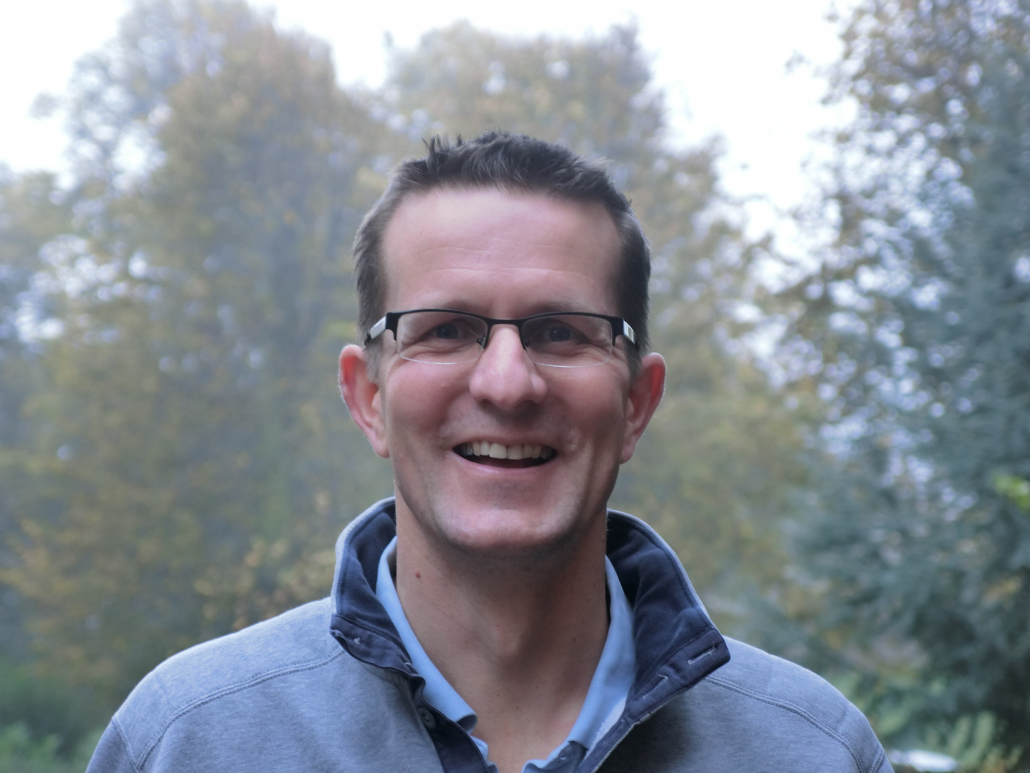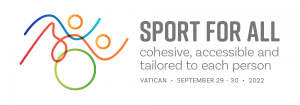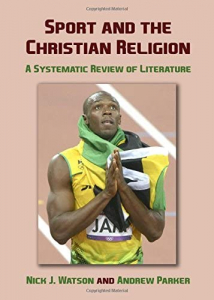Why Sports Matter: A View from the Vatican Summit

Vatican Sport and Faith Summit
During September 2022 the Dicastery for the Laity, Family and Life, in collaboration with the Dicastery for Culture and Education and the John Paul II Foundation for Sport, hosted an International Summit on Sport at the Vatican that was focussed on those who could be classed as vulnerable. This included, for example, persons with physical and intellectual disabilities and refugees. Over 250 delegates from over 40 countries attended the event and were invited to sign the Declaration, Sport for All: Cohesive, Accessible and Tailored to Each Person.
The composition of attendees was diverse—for instance, academics from across the disciplines, athletes with disabilities, coaches, those working in sports ministry or chaplaincy settings, leaders of sport and sport-faith charities and senior executives of global sporting organisations (e.g., the International Olympic Committee, the Special Olympics, the International Paralympic Committee, UNESCO and the African Union Sport Council Region V). My wife, Kate, and I, were blessed to be able to attend this event, which was a rich intellectual, spiritual and cultural experience. Our accommodation was a simple but beautiful guest house run by a group of joyful nuns that overlooked St Peters Basilica and square.
The Summit was skilfully led by Santiago Perez de Camino, Head of the Church and Sport Office of the Dicastery for Laity, Family and Life, at the Vatican. The Holy See saw the need to convene this event acknowledging that sport is an important enabler of the 2030 Sustainable Development Goals, which in turn overlap with the aims articulated within the Olympic Charter’s ‘Fundamental Principles’. In short, the overarching aims of the event were heavily focused on how sport can contribute to the social or public good and specific social justice issues, surrounding disability and refugees in sporting locales. Due to the history, infrastructure and global presence of the catholic church and Vatican, I believe that they are uniquely positioned to attend to such goals.
Considering that between one-point-two to one-point-five billion
people—approximately 15% of the global population experience a physical or intellectual disability, the importance of sport-faith conferences and practical initiatives that specifically address the needs of the disabled and refugees is paramount. To quote the carpenter from Nazareth, ‘Truly, I say to you, as you did it to one of the least of these my brothers, you did it to me’ (Matt. 25:40; also see, Cor. 12: 22-23). While I have a background in working with, and writing about, people with disabilities within sport, the inclusion of ‘sport for refuges’ as a theme at the event was of particular interest to me and is not something that I had previously come across within the sport-faith community to-date.
Presently, the number of displaced persons globally, due to various forms of conflict and oppressive military and religious regimes, is unprecedented in history. According to, Filippo Grandi, the United Nations High Commissioner for Refugees who delivered a keynote presentation at the Summit, the figure is approximately 100 million. It is then crucial the church engages in this global social justice crisis. As Filippo noted in his presentation there are essentially two dimensions to attend to when effectively working with refugees: ‘saving life’ (emergency aid, food, shelter, water etc.) and ‘giving life’, the provision of safe, accessible recreational activity, such as, sport.
Sport has been recognized by the Catholic church, during the pontificates of Pope John Paul II, Benedict XVI and Pope Francis, as an important dimension of modern life. I hope and pray that the Holy See’s engagement with the world of sports may continue to grow and deepen. Toward the end of the Summit, delegates were honoured to have an audience with His Holiness Pope Francis, who met delegates and delivered a short talk. I think it only appropriate to give him the last word:
You have come from many parts of the world, representing various sports organizations as well as civil and religious institutions. You are inspired by a noble goal: promoting the notion of sport as something for everyone; sports that are “cohesive”, “accessible” and “fit for every person”. Without doubt, this is a weighty commitment, a challenge that no one is capable of carrying out alone. But you well know that in order to achieve lofty, arduous and difficult goals –altius, citius, fortius – it is necessary to play as a team, to work together, communiter. The Church feels close to the world of sport, because she sees games and sporting activities as a place of personal encounter for people, a formation in virtue and fraternity. For this reason, sports find a home in the Church, especially in schools and parishes or youth centres.
Sport has been recognized by the Catholic church, during the pontificates of Pope John Paul II, Benedict XVI and Pope Francis, as an important dimension of modern life. I hope and pray that the Holy See’s engagement with the world of sports may continue to grow and deepen.
— NICK WATSON
Listen to the companion podcast.

The conference Nick references is Sport for All. Plenty of content on the website!

Check out any of the books Nick has written or edited, including this one with Andy Parker: Sport and the Christian Religion: A Systematic Review of Literature.


